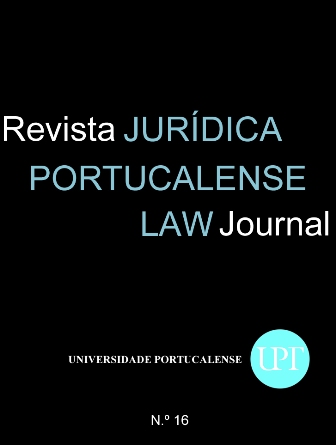Creditors´mercantile contest. The action Tributoria oposite to the owner and his managerial slaves (corrupt businessmen)
Abstract
The civil doctrine has defined the Actio Tributoria well as Actio in Factum, good as Actio Adiecticiae. With this study we try to demonstrate that it is necessary to distinguish the creditors' mercantile contest of the action tributoria, in strict sense said, since by means of this one one tries to correct and to suppress actions illicit civil that they are born, generally, in the development and the liquidation of that one. The mercantile contest can be directed by the owner of the goods, circumstance who constitutes a privilege for this one, since he is the civil and mercantile creditor of the broken mass. Under the protection of this privilege, if the owner of the broken goods defrauds the acrre - gild (suppliers and clients) that take part in the contest, these can sue the owner for the frauds realized in the calculation and adjudication of the credits that they were corresponding to them on the broken mass. For it, we estimate that the action tributoria chases and guardianship the illicit acts in creditors' mercantile fraud. The action tributoria is a action that suppresses the corruption of the businessman - owner, and must be placed in the general frame of the actions of company and of the trade created by the praetor.
Downloads
Published
How to Cite
Issue
Section
License
Authors who published in the journal agree to the following terms:
- The Authors grant the Journal the right of first publication, and other non-exclusive publishing rights, licensed under the Creative Commons Attribution License which allows the sharing of work with recognition of its initial publication in this journal.
- Authors are able to take on additional contracts separately, non-exclusive distribution of the version of the paper published in this journal (ex .: publish in an institutional repository or as a chapter in a book), with an acknowledgement of its initial publication in this journal.
- Authors are permitted and encouraged to post and distribute their work online (eg .: in institutional repositories or on their website) at any point before or during the submission process, as it can lead to productive exchanges, as well as increase the impact and the citation of published work (See The Effect of Open Access).
RJP does not apply submission, publication or any other fees of any nature. Its articles are open access, with the goal of disseminating scientific knowledge and the debate of legal topics in the area of Legal Sciences.






